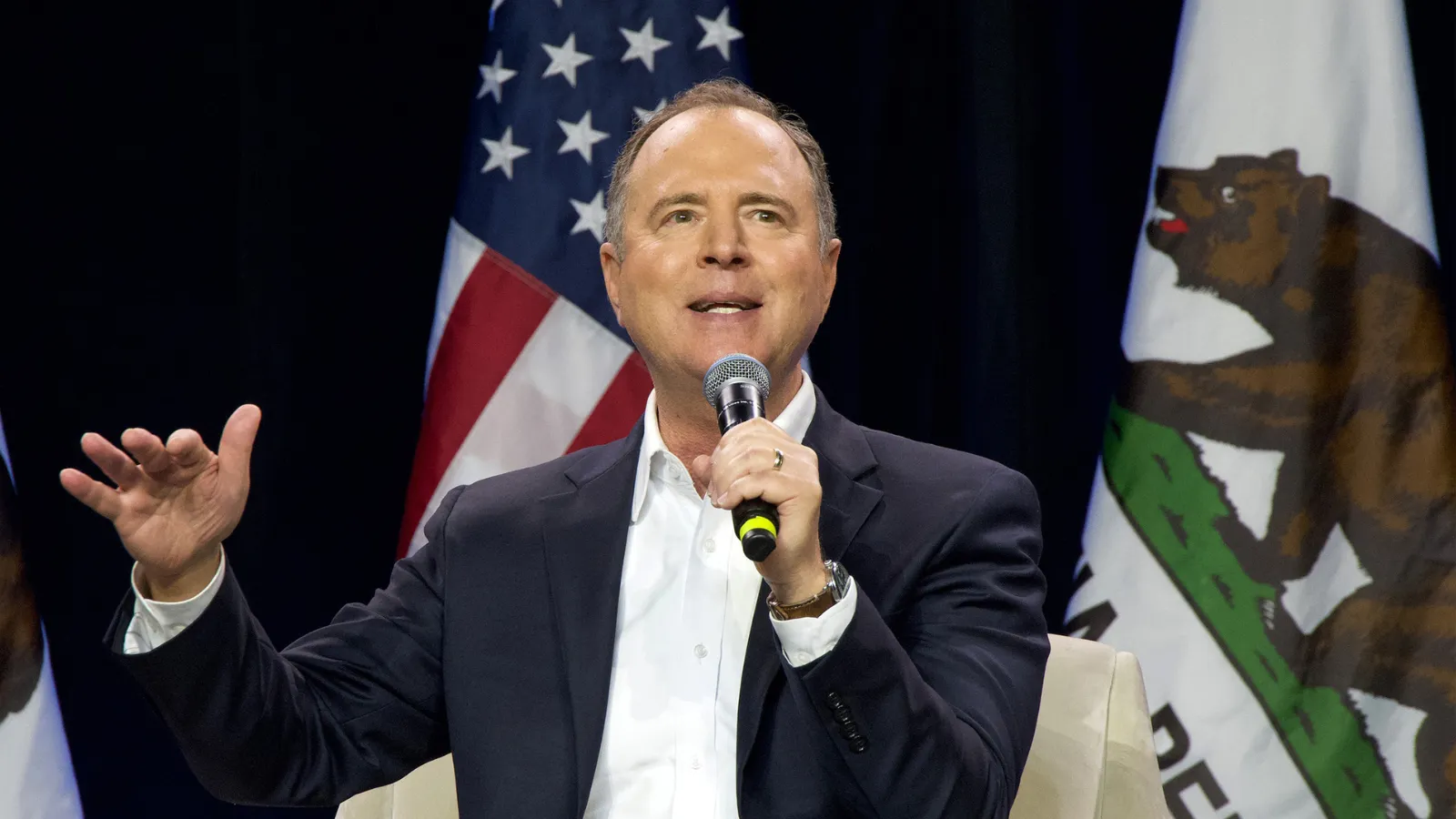
AI Transparency Law: Adam Schiff’s Bold Move with Hollywood’s Backing
- by dgihost.com
In a groundbreaking move, California congressman Adam Schiff has introduced the Generative AI Copyright Disclosure Act, a proposed law aimed at bringing transparency to the development of artificial intelligence models. Schiff’s initiative has garnered widespread support from Hollywood, signaling a significant shift in the ongoing debate surrounding AI ethics and intellectual property rights.
Under the proposed legislation, AI developers would be required to disclose all copyrighted content utilized in training their systems. This includes providing a comprehensive list of copyrighted works to the U.S. Copyright Office at least one month before releasing a new version of their AI model. Failure to comply with these regulations could result in civil penalties, with fines starting at $5,000.
The introduction of the Generative AI Copyright Disclosure Act marks a pivotal moment in the regulation of AI technology, as lawmakers seek to balance innovation with ethical considerations. Congressman Schiff emphasized the need to safeguard the rights of creators while harnessing the potential of AI to drive progress in various sectors.
Hollywood’s support for the proposed law stems from concerns over the use of AI in the creative process, particularly in the film and television industry. Writers and actors have long raised issues regarding the potential misuse of their work in AI-generated content, with many viewing it as a form of plagiarism. The proposed legislation aims to address these concerns by providing creators with greater transparency and protection.
Trade unions representing the entertainment industry, including SAG-AFTRA and the Directors Guild of America, have applauded Schiff’s initiative, citing its importance in safeguarding intellectual property rights. The move reflects a broader effort to ensure that technological advancements serve the interests of creators and the creative community at large.
As debates surrounding AI ethics and intellectual property rights continue to evolve, the introduction of the Generative AI Copyright Disclosure Act represents a significant step forward. By championing transparency and accountability in AI development, lawmakers aim to foster a more equitable and responsible approach to innovation in the digital age.
In the face of ongoing challenges, Congressman Schiff remains committed to promoting creativity and fairness in the age of AI. The proposed legislation underscores the importance of respecting human creativity while embracing technological progress, signaling a new chapter in the intersection of technology, law, and creativity.
In a groundbreaking move, California congressman Adam Schiff has introduced the Generative AI Copyright Disclosure Act, a proposed law aimed at bringing transparency to the development of artificial intelligence models. Schiff’s initiative has garnered widespread support from Hollywood, signaling a significant shift in the ongoing debate surrounding AI ethics and intellectual property rights. Under the…